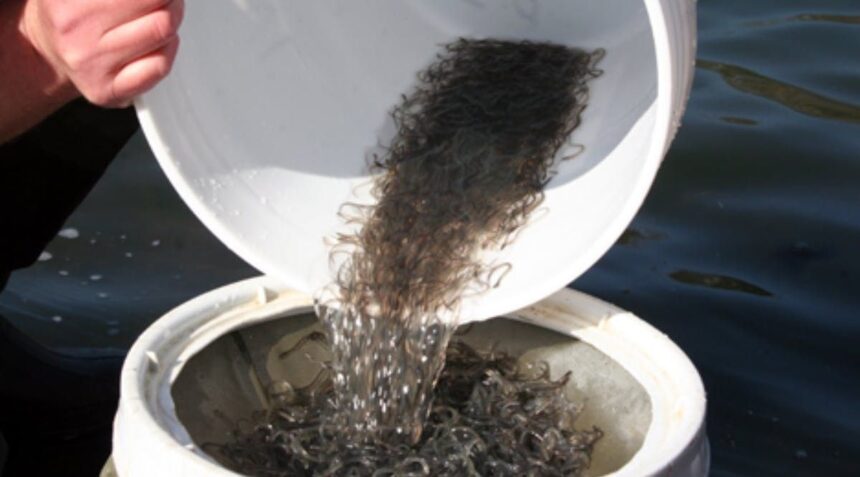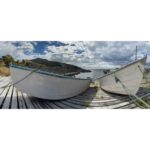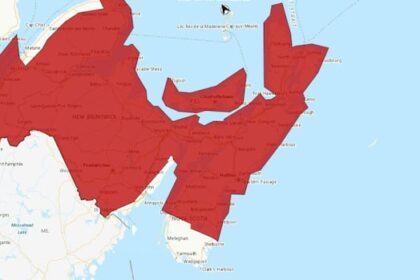Elvers are shown at the Virginia Institute of Marine Science. Photo by VIMSArticle contentCanada helped vote down a measure that would have tightened up regulations on the international trade in American eels on Thursday.THIS CONTENT IS RESERVED FOR SUBSCRIBERS ONLY.Subscribe now to access this story and more:Unlimited access to the website and appExclusive access to premium content, newsletters and podcastsFull access to the e-Edition app, an electronic replica of the print edition that you can share, download and comment onEnjoy insights and behind-the-scenes analysis from our award-winning journalistsSupport local journalists and the next generation of journalistsSUBSCRIBE TO UNLOCK MORE ARTICLES.Subscribe or sign in to your account to continue your reading experience.Unlimited access to the website and appExclusive access to premium content, newsletters and podcastsFull access to the e-Edition app, an electronic replica of the print edition that you can share, download and comment onEnjoy insights and behind-the-scenes analysis from our award-winning journalistsSupport local journalists and the next generation of journalistsRegister to unlock more articles.Create an account or sign in to continue your reading experience.Access additional stories every monthShare your thoughts and join the conversation in our commenting communityGet email updates from your favourite authorsSign In or Create an AccountorArticle contentThe motion being pushed by 27 states of the European Union would have required those exporting either American or Japanese eels, including their valuable juveniles known as elvers, be issued an export certificate for each shipment by the host government.Article contentArticle contentArticle contentKnown as an Appendix II designation, the motion failed to get a majority during a preliminary vote at the Convention on the International Trade in Wild Species of Fauna and Flora (CITES) meetings being held in Uzbekistan.Article contentJapan, China and South Korea all lobbied heavily against the designation.Article contentThe vast majority of juvenile American eels, known as elvers, head to China via Hong Kong or South Korea to be used as seedstock in aquaculture facilities that supply the Japanese market.Article content“We think (voting against the motion) was a shortsighted move on Canada’s behalf,” said Katie Schleit, fisheries director for Oceans North, who is attending the conference.Article content“Canada is now the centre of the illegal trade basically for the whole world, and so Canada bears a responsibility to show leadership.”Article contentUnregulated fisheryArticle contentCanada instituted a traceability system for legally caught elvers last year that requires permits to possess, transport and export elvers.Article contentArticle contentIn a written response to The Chronicle Herald, Fisheries and Oceans Canada (DFO) spokesperson Ira Khedkar said that the proposed regulation would have caused duplication with existing Canadian traceability regulations.Article contentArticle content“Canada has stringent traceability measures in place under the Possession and Export of Elvers Regulations,” wrote Khedkar.Article content“The proposed CITES listing would put an unnecessary burden on individual harvesters and cause duplication with Canadian regulations. . . . Canada’s analysis of the proposal shows that American eel does not meet the Appendix II criteria laid out by CITES, which requires a 70 per cent population decline to be listed. Canadian science shows American eel has been stable over the past two decades, while declining prior to that timeframe.”Article contentWhile the federal government has regulations in place, questions have been raised about whether they are being enforced. A sizeable elver fishery has been pursued over recent years by Sipekne’katik and other First Nations claiming that the federal government has no authority to regulate them.
Canada votes against tightening regulations on the international trade in elvers despite being a smuggling hub











